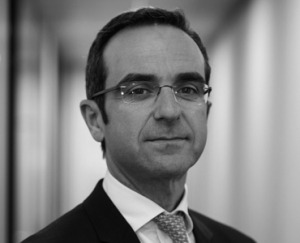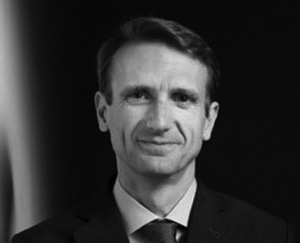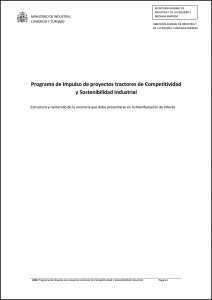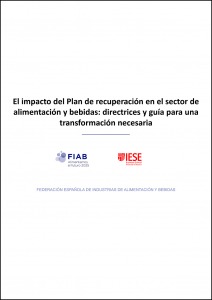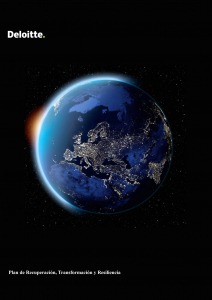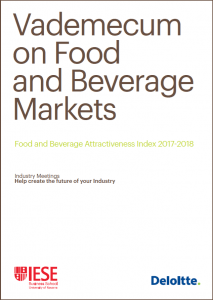Post-COVID strategy and perspectives
The new reality imposed by the COVID-19 pandemic has been the greatest test the food and beverage industry has faced in decades. In those relatively far-off early days of the coronavirus crisis, the industry displayed a resilience under extreme pressure that reflected its high professional level in terms of logistics and operations. It also provided an outstanding response in accordance with the strictest health criteria.
Despite the satisfaction for being able to meet the needs of society in the most difficult months in decades, the industry still faces tremendous challenges as a result of this new reality. COVID-19’s impact has been complex and variable. On one hand, many companies have been relatively immune to the drop in demand affecting other sectors of the economy. On the other, the restaurant and hospitality industry and its specialized food and beverage suppliers have suffered devastating losses that have forced them either to operate at a minimal level of activity or close the business indefinitely or permanently.
In this new scenario, the food and beverage industry must answer some basic questions linked to strategic leadership. Which of the industry’s key factors in the pre-COVID world are still relevant today and what priority do they have? Which ones are no longer relevant? And, finally, what new priorities and emergencies will come to light in the post-pandemic world?
In the process of answering these big questions at the next 24 IESE Food and Beverage Industry Meeting, jointly organized with Deloitte, we will discuss topics such as consumer behavior, new dynamics in the distribution sector, and the medium- and long-term prospects of the restaurant and hospitality industry. We’ll also address the impact of the crisis on key items on the industry’s agenda, including sustainability and health, as well as the role of the Spanish government, with EU support, as a player capable of moderating the crisis and providing a catalyst to relaunch the private sector toward a future that is much more economically efficient, effective and sustainable.
Consumer Trends and the EU Recovery Funds were topics discussed in the first two parts of the Meeting on March 8 and on April 14.








